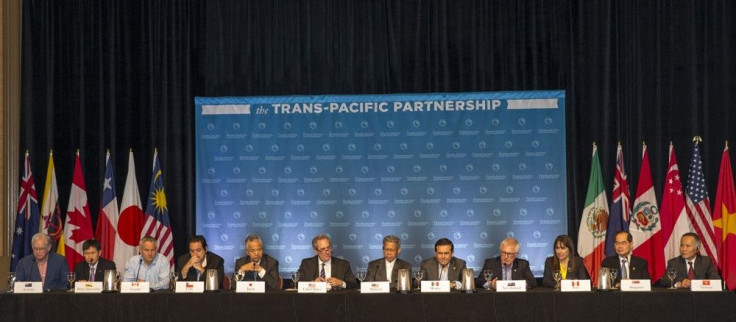TPP all set to take Australian agro-industry to new heights

The Australian farming sector is expected to witness a significant change due to its Trans-Pacific Agreement with 12 countries, which include Brunei Darussalam, Chile, Malaysia, Peru, Singapore, U.S., Canada, Japan, Mexico, New Zealand and Vietnam.
As Australia has signed the pact on Tuesday, rural export and local agribusinesses are expected to face a surprising uplift in foreign investments of Australian agricultural companies with enhanced export of cotton, grain, beef, wine, fruit and wool, according to Agriculture and Water Resources Minister Barnaby Joyce. The Aussie farmers will have an opportunity to showcase their products with the increased market access.
Joyce said that the conclusion of negotiations was a necessary step in taking the Trans-Pacific Partnership, or TPP, forward through mutual agreement among all the involved nations. This has finally paved ways for the Australian agricultural industry to gain focus and to provide proper exposure to the food, fisheries and forestry goods and products across the country.
“The TPP provides significant advantages for Australian agriculture, with major improvements to access for beef, dairy, grains, cotton, sugar, horticulture, rice, seafood and wine across 11 countries, five of which are Australia’s top 10 trading partners,” Joyce said in a statement.
Referring to the changes that signing of the TPP would bring, the minister said that Australia is slapped with high tariffs even when it exports only 33 percent of agricultural products to TPP countries. With the new trade deal, there will reportedly be no tariff for agricultural exports that are worth more than AU$4.3 billion.
National Farmers Federation President Brent Finlay said that TPP is a “game changer” as far as liberalisation in trade is concerned. It will reportedly take the competition among nations around the world to another standardised level. The agriculture and water resources minister further said that the negotiation is not the end but the beginning of a new bond between the 12 TPP member countries.
“We will continue to work hard to capitalise on those opportunities from the FTAs that the Coalition Government has signed with China, Japan, Korea, and now with other Asia-Pacific nations, and to strengthen Australia's productive capacity and competitiveness to supply Asian and other international markets,” he added.
Contact the writer at feedback@ibtimes.com.au, or let us know what you think below.






